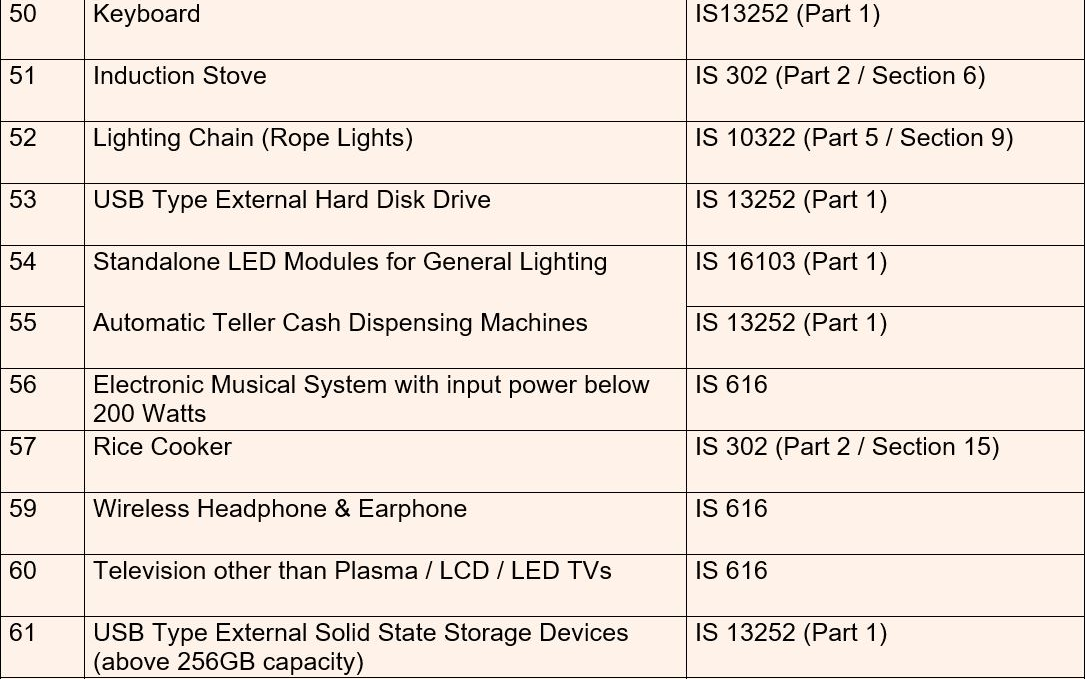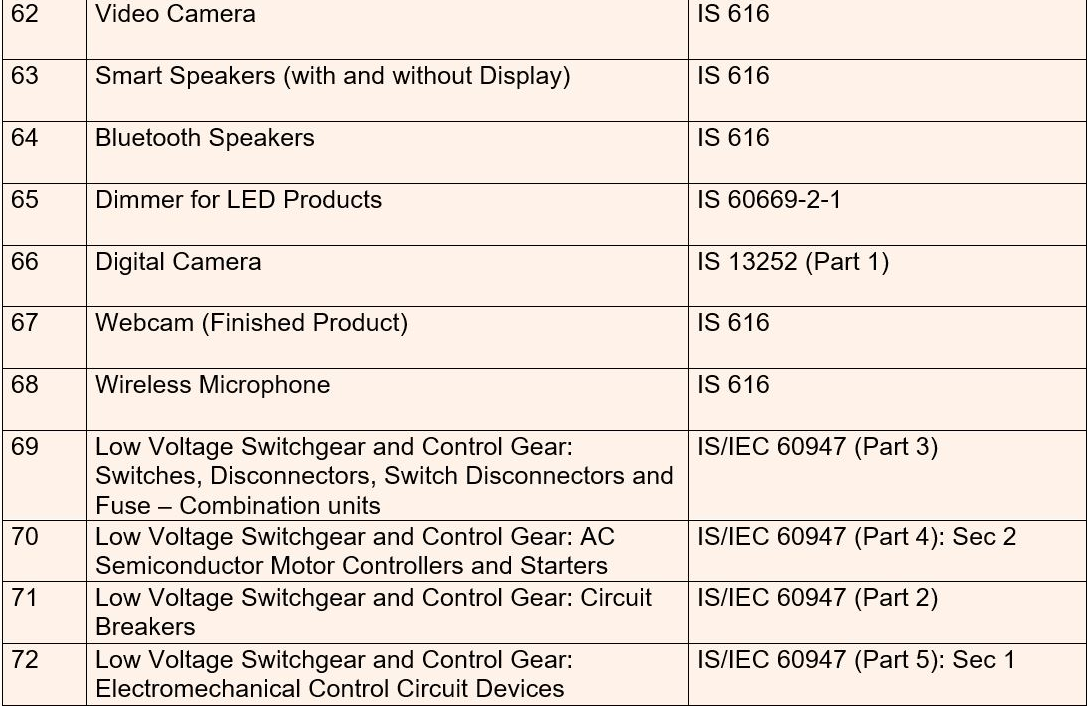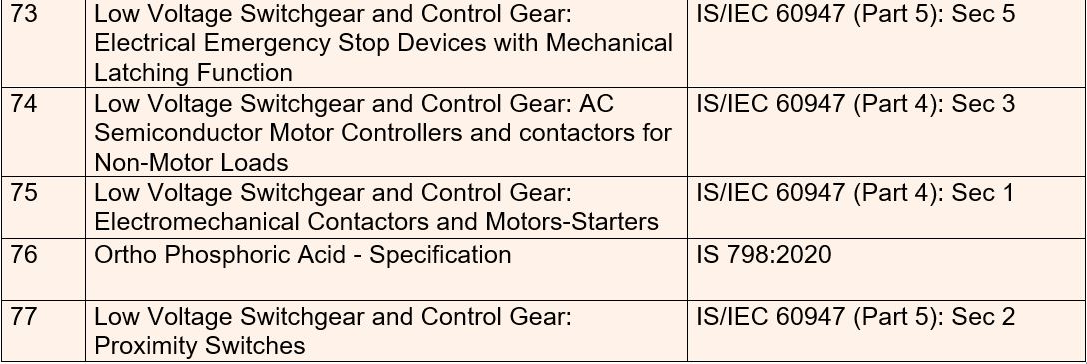BIS (Bureau of Indian Standards)
Bureau of Indian Standards, also known as BIS, is India's national certification body responsible for developing quality and safety standards for various products and appliances which ensure that consumers buy products which are of reliable quality with minor health hazards.
BIS is also responsible for formulating standards, ensuring product BIS Certification schemes, and ensuring safety and quality of products and appliances.
What is the purpose of BIS Certification?
BIS has developed eight central, four regional, and three branch laboratories in the country to check product samples during preliminary and surveillance operations. Thus, the BIS Certification is encouraged by the government for the following purposes:
- For providing a safeguard to the public health;
- For providing quality assurance;
- For protecting the consumer from hazardous products;
- For promoting consumer confidence.
What are the Types of BIS Certification Schemes?
There are different types of BIS Certification for a product, which include the following:-
- Normal Procedure For Domestic Manufacture
In order to register with the BIS, the applicant must submit the necessary documents and pay the fee. The samples are tested in the factory and a report is drawn by the BIS officer after the application has been submitted. If all goes well, BIS Registration will be provided if the sampling procedure is acceptable. Applicants are granted BIS Registration within four months after submitting an application.
- Simple Domestic Manufacturers Procedure
During the simplified procedure, the applicant submits a test report of the sample from the approved lab with the application for BIS Registration. Once the test report is satisfactory, the BIS officer will verify the factory and grant a certificate of registration within 30 days of receiving the BIS Registration application and required test report.
- Eco Mark Scheme
Under the ECO Mark Scheme, BIS also provides licensing for environmentally friendly products that conform to the basic requirements of Indian Standards.
- Tatkal Scheme
Tatkal licenses can be obtained by manufacturers who need a standard BIS label based on government notification. A tatkal request is handled under strict deadlines, and the cumulative processing period is 30 days.
- Foreign Manufacturers Certification Scheme
ISI marks are specially designed and granted under a separate scheme within six months for overseas applicants or manufacturers. Bureau of Indian Standards (BIS) introduced the Foreign Manufacturers Certification Scheme (FMCS) in 2000 with the aim of enabling foreign applicants and manufacturers to use the Standard Mark on their products as well.
To nominate an agent in India, the foreign manufacturer must set up a branch office in India with the required permissions.
- In addition to the application form and requisite fee, the required documents and form must be submitted to the BIS.
- The applicant's manufacturing and testing units will be subject to a preliminary inspection. Additionally, independent testing will be conducted on the sample(s).
- Following the receipt of all requisites, the BIS will grant the applicant the BIS Certificate, following which the applicant will be required to pay an annual minimum marking fee and an annual license fee.
What are the BIS Certification Mandatory Products?
There are certain products that fall under the mandatory requirement for BIS Certification even though not all electronic or other products need it. Below are the products that fall under this requirement:








